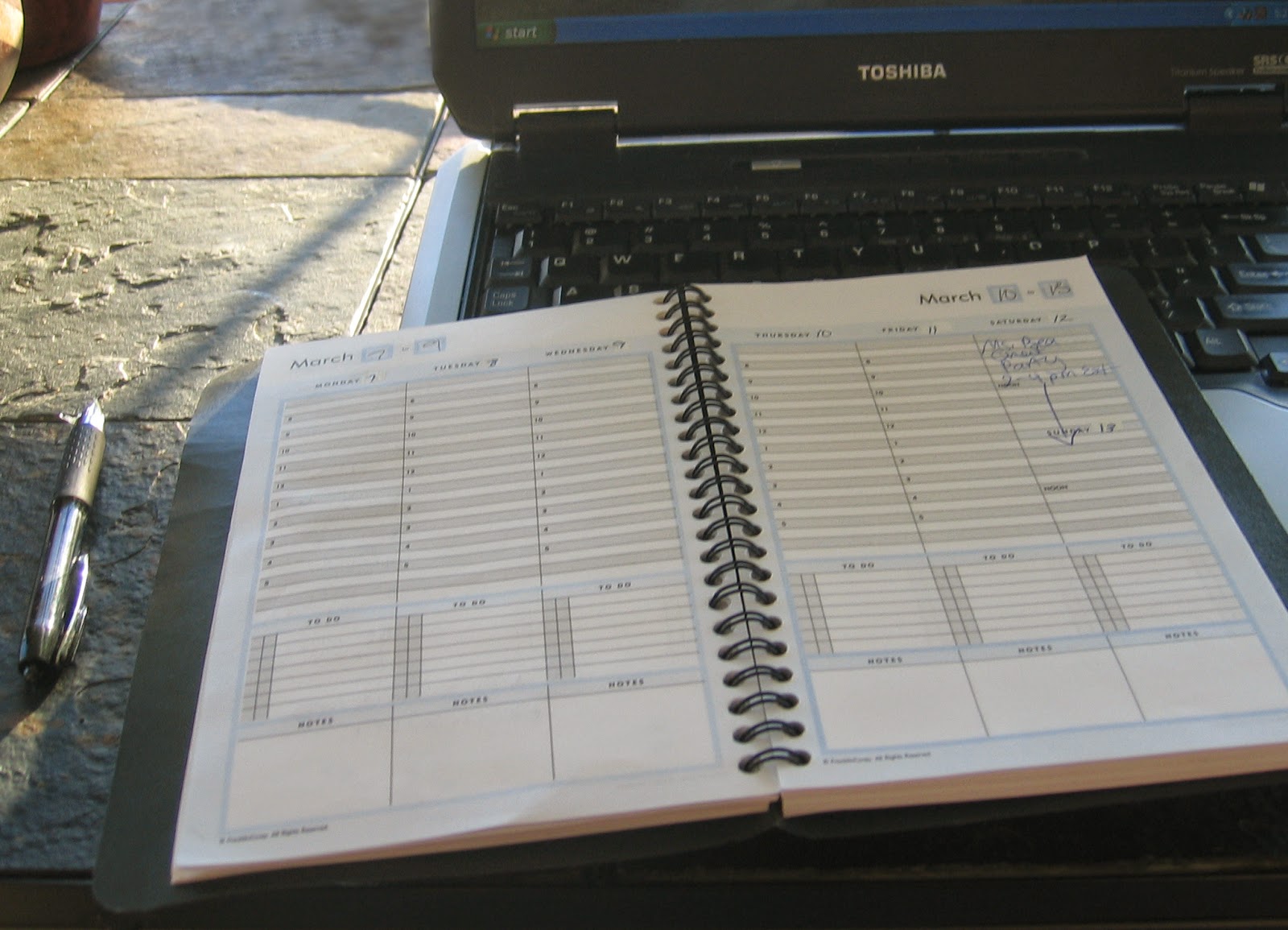I play violin in the Chippewa Valley Symphony, and we performed
Wagner’s Tannhäuser Overture for our holiday concert this year. I didn’t get
it. Other years we’ve played many movements from the Nutcracker Suite. (We just
performed three of the dances this year.) We’ve played parts of Handel’s
Messiah. We programmed festive dances one year. But why Tannhäuser? It didn’t
fit.
In one rehearsal Nobu, our conductor, admitted that it was a
bait-and-switch, or rather a bait-and-add. Draw the audience in to hear holiday
music and a local artist. Then give them a real symphonic experience with one of
our selections.
I still didn’t think it fit.
Then we got on stage. We tuned. Notes of Wagner filled the
air. It worked. The emotions were right. This is what Christmas is about.
The opera Tannhäuser is about a man who seeks love in the
wrong place, in the castle of Venus. Afterwards, he desires forgiveness for
these sins. He joins pilgrims on their journey to Rome, but even the pope
cannot forgive him. The pope declares it would be just as probable that
the pope’s staff sprout leaves as it would be for Tannhäuser to obtain
forgiveness.
The opera ends with Tannhäuser’s death. He asks a young lady
to pray for him. And the pope’s staff sprouts leaves.
Yes, God can offer us forgiveness for things that no church
can absolve. Religion in itself cannot wash away our sins, but Jesus can. He was born
on earth 2,000 years ago to take the punishment for our sins so that God can be
just in declaring us not guilty. That is Christmas.
“But when the fullness of the time had come, God sent forth His Son, born of a woman, born under the law, to redeem those who were under the law, that we might receive the adoption as sons.” Galatians 4:4-5 NKJV














